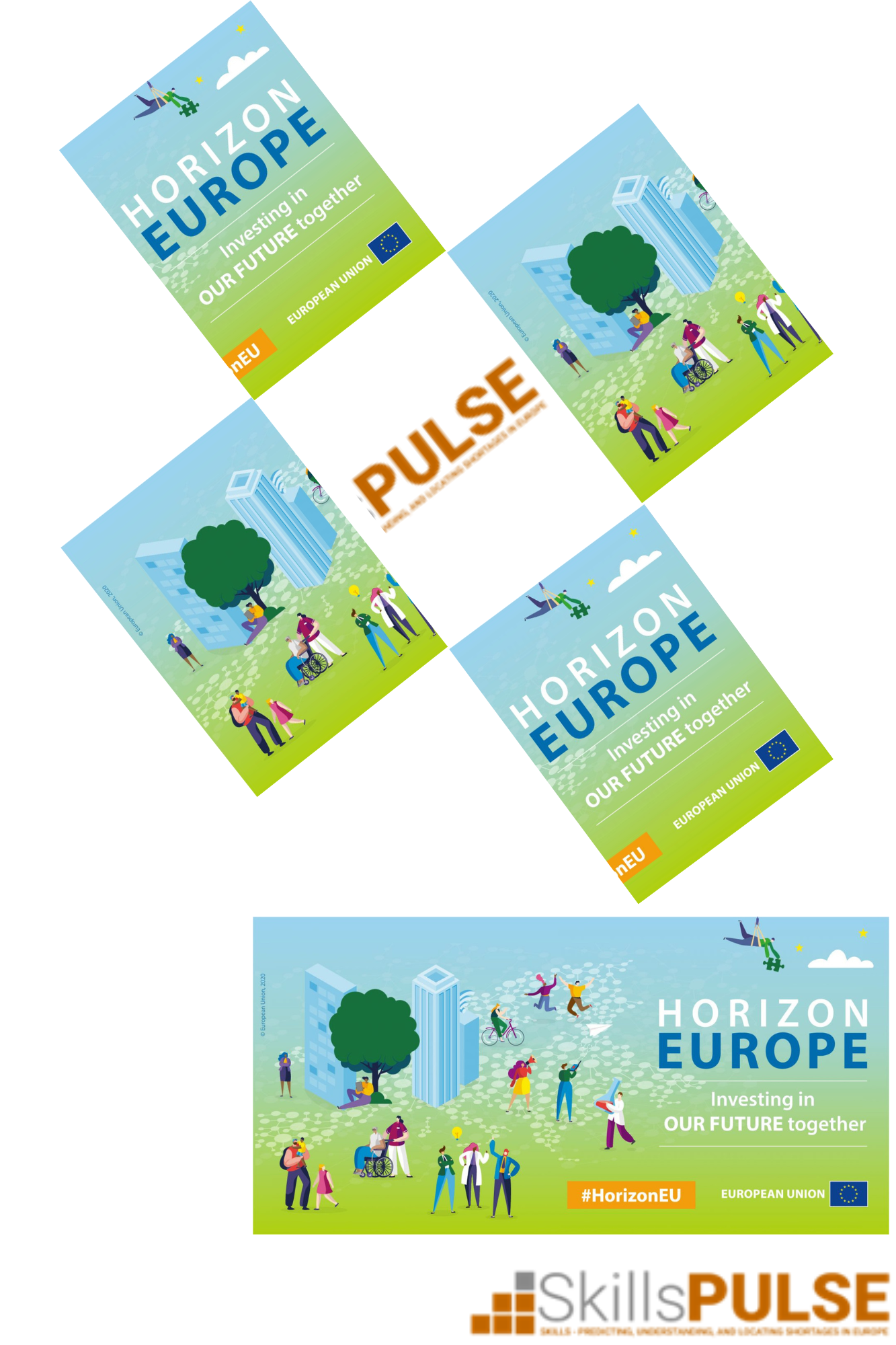The SkillsPULSE Project is now underway
31/07/2024

The SkillsPULSE Project is now underway ▪ SkillsPULSE will address significant gaps in the understanding of skills deficiencies in Europe. ▪ The kick-off meeting of the project took place on July 10th, 2024. July 2024 There is a tendency to think that skills shortages and gaps are just temporary issues that will resolve over time without intervention. But the evidence suggests otherwise. These challenges, where employers struggle to find qualified candidates and existing employees lack necessary skills, persistently hinder individual careers, business performance, and the overall economy. It's crucial to identify, measure and address these gaps across different jobs, sectors, and regions to mitigate their impact and boost productivity. SkillsPULSE (Skills - Predicting, Understanding, and Locating Shortages in Europe) is a 3-year (Jun ’24-Jun ’27) Horizon Europe project, coordinated by Fondazione Giacomo Brodolini (Italy), with 7 partners from 7 European countries: University of Tartu (Estonia), University of Lodz (Poland), Economic and Social Research Institute ESRI (Ireland), National Centre for Social Research EKKE (Greece), University of Pisa (Italy), University of Jyväskylä (Finland), and University of Warwick (United Kingdom). The kick-off meeting of the project took place last July 10th, and over the next three years, the SkillsPULSE partners will work together to provide a conceptual review of skills shortages and gaps, and devise a means of measuring their incidence and the extent to which they are likely to arise in the future as a consequence of key changes in the economy, notably digitalisation. The project will provide a methodology for identifying the extent, causes, and implications of skills deficiencies in Europe. A series of indicators, including a Skills Shortage Index, will be developed and incorporated into a software tool for use by those responsible for labour market skills intelligence at both national and European levels. SkillsPULSE will address the following key objectives: Develop a clear framework for measuring skills shortages and gaps. Use big data approaches to create a framework that anticipates skills demand, thereby preventing deficiencies due to emerging technologies. Deepen an understanding of employers' experiences with skills deficiencies and identify key strategies they use to mitigate their impacts. Develop a fully tested skills shortage index that can be adopted by member states. Create tools for use within existing skills assessment and anticipation systems at the national level. SkillsPULSE contributes to the European Skills Agenda by strengthening skills intelligence in a way that will facilitate strategic upskilling and provide the evidence base for the development of new training opportunities for young people in emerging STEM areas, and by providing tools for the development of policy initiatives in the areas of education and skills, that can help drive growth in European innovation and competitiveness. Contact for more information: ▪ [email protected] Follow us on: Website: www.skillspulse.eu Linkedin: @skillspulse X (Twitter): @SkillsPulse YouTube: @Skills-Pulse

